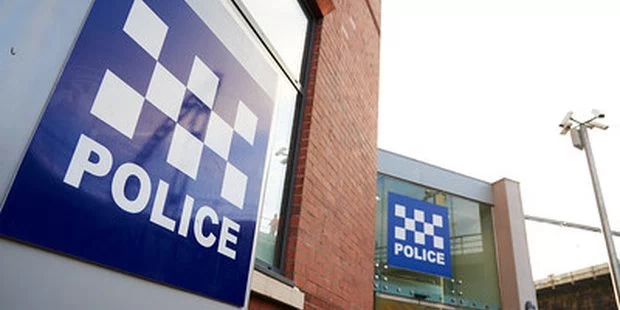If you are facing a criminal investigation, proceedings at the Magistrates or Crown court, need advice on an appeal or are released under investigation, then contact our experienced team of criminal solicitors who can assist you.
Facing criminal charges can be a difficult and stressful time, but our dedicated team of crime solicitors are here to provide you with all the support you need, as well as provide you with the best level of representation. We will guide you through the entire process, ensuring you are always kept in the loop with the latest updates in the case. David Gray’s criminal defence solicitors and Crown Court Advocates have many years of experience with criminal law, dealing with a range of criminal offences, from regulatory offences to complex fraud and murder.
Our client testimonials show that our team of criminal solicitors are recognised for achieving positive outcomes and providing expert legal advice, which is tailored to each client’s individual needs and requirements.
Every phone call or meeting I was spoken to with respect. Nothing could have been done better.
Just a quick note to thank you for putting together a fantastic defence team, they were the best and fantastic at keeping me informed and feeling well looked after.
Many many thanks for all your efforts on my behalf, as you can imagine the relief I feel at the outcome is immeasurable and it is all due to your knowledge and understanding of the case and situation I was in. Once again our gratitude and thanks.
OUR SOLICITORS
The Crime team at David Gray are ranked in tier 1 for both general crime and fraud by The Legal 500 and in Band 1 by Chambers and Partners. We understand that anyone can be affected by a criminal investigation, you want to deal with the matter at hand as quickly as possible while causing the least amount of disturbance to your family and professional life. Our experienced team of criminal law solicitors have excellent relationships with top barristers, whom we can use if required, so you can rest assured your matter is in the best hands.
For more information, please contact our team on 0191 232 9547 and ask to speak to a member of our team.
For out of hours emergency crime advice please call 07764 929 487
If you are looking for further advice, our team can help with:
- Criminal Offences
- Magistrates’ Court Solicitors
- Police Station Advice
- Proceeds of Crime
- Representation at Crown Court
- Restraint Orders
- Inquests
- White Collar Fraud
- Fraud
Get in touch with David Gray Solicitors today to discuss your current situation and find out how our Criminal Solicitors can support you.
We are ranked in the following legal directories in band one (top band) for criminal law work in the North East.


 Skip to content
Skip to content



